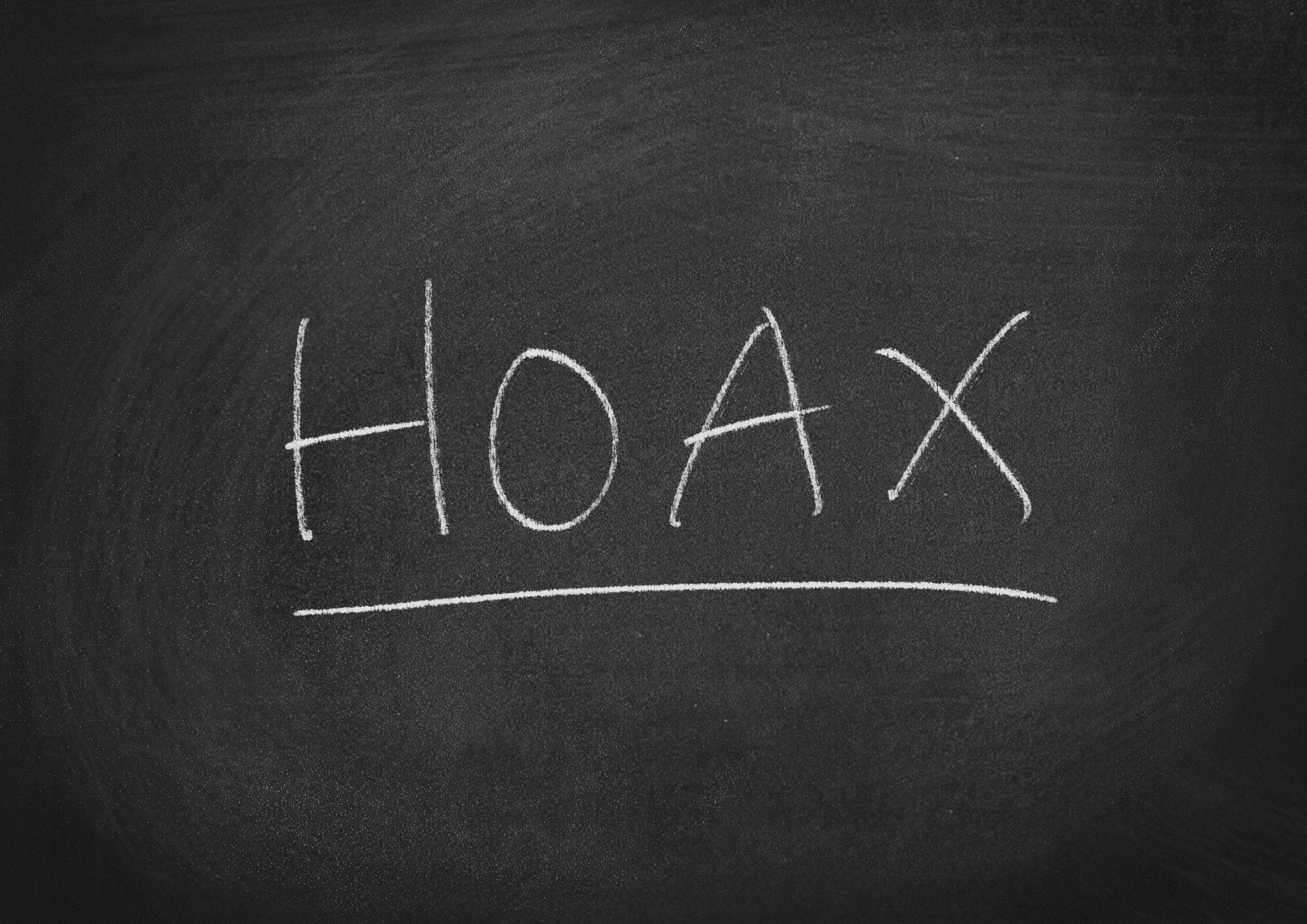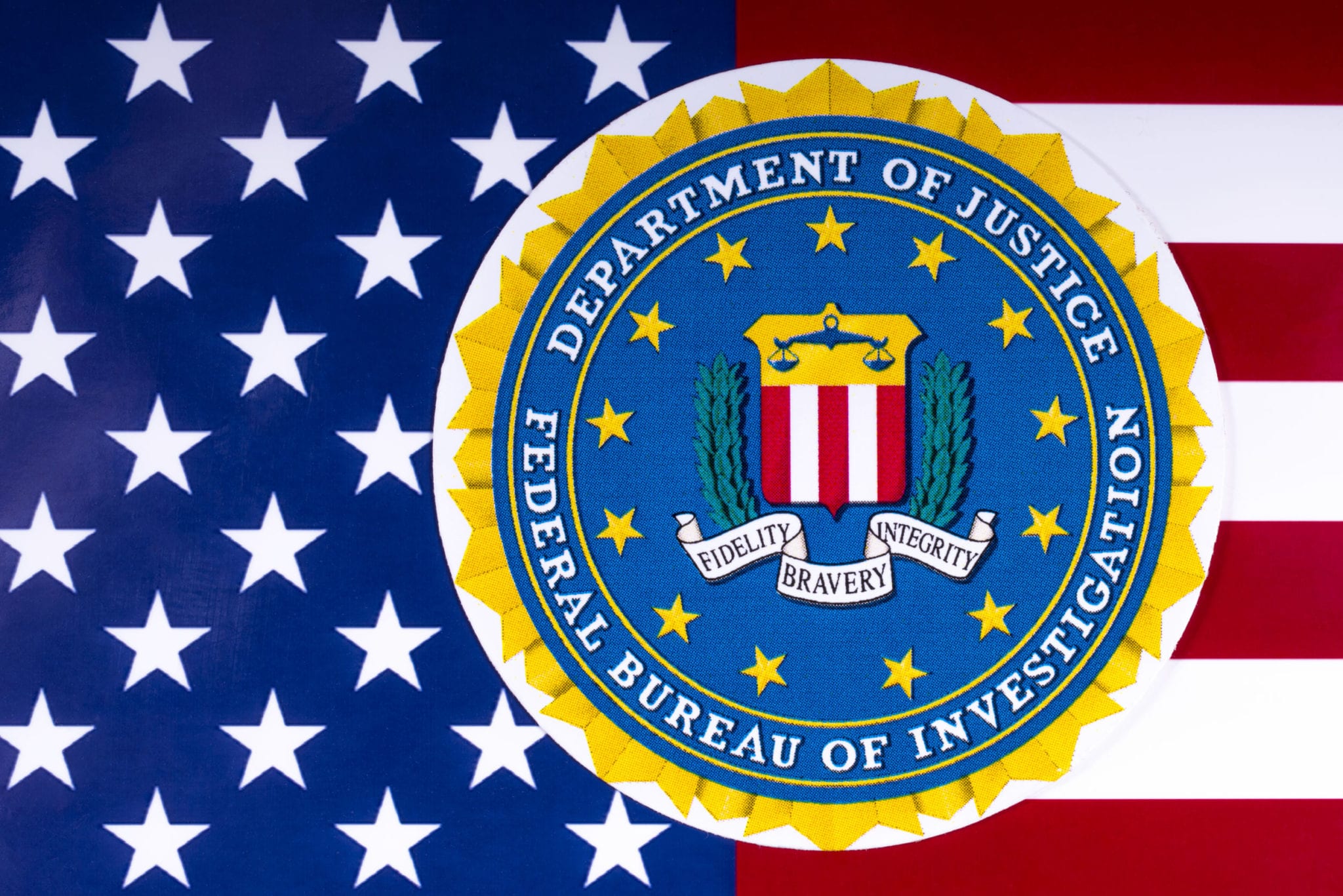They say humor is sometimes the best medicine, but just like medicine, it may not always be in good taste. As we continue life on lockdown across Texas, many are finding an outlet via social media posts.
While some off-color humor is relatively harmless, some humorous activity has proven a potential to cause serious harm in the community. Take one recent San Antonio man accused of committing a serious federal crime for his simple social media post.
COVID-19 Jokes Aren’t Being Taken Lightly in Texas
The man posted on his social media page that he knew someone who was COVID-19-positive and licking objects in a local store.
Tis off-color joke is in the same vein as a recent flurry of Millennials posting selfies on social media licking public surfaces and products to prove they weren’t afraid of the virus. The accusation led to the Texas man’s arres. He is now facing federal criminal charges.
Though the man later claimed his post was a hoax, the damage was done. Believe it or not, his actions were considered spreading false information related to weapons of mass destruction, which is a serious federal crime.
Let’s take a look at what spreading false information is and just how serious it is. We’ll then look at the possible penalties if convicted of the crime.
How the Crime of Spreading False Information Is Legally Defined
Spreading false information has to do with the spreading of information that is knowingly false and potentially damaging. It doesn’t specifically have to be on social media and can be through email, by phone, or through other means.
The federal law, titled U.S. Code 1038. Fale Information and Hoaxes, states that:
“Whoever engages in any conduct with the intent to convey false or misleading information under circumstances where such information may reasonably be believed and where such information indicates that an activity has taken, is taking, or will take place that would constitute a violation.”
The official complaint filed by the San Antonio FBI office states the man’s social media said an associate of his had tested positive for COVID-19 and that the accused paid him to go to a local grocer and lick items on the shelves.
He explained to officials later that the entire post was made-up and that he was only trying to be helpful and deter people from leaving their homes during the pandemic. While the San Antonio man is innocent until proven guilty, his defense will not likely prevail in the courtroom.
In the midst of a real-time pandemic, it can be reasonably assumed that prosecutors will make an example out of him. Spreading knowingly false information with the potential to cause harm in the public is a serious crime, regardless of the original intention.
So what penalties could a conviction mean? Let’s take a closer look.
Penalties for Spreading False Information in Texas
The crime is broken into three different penalty levels. The first level is for the crime itself, and the next two deal with injury or death occurring from the false information.
For the crime of spreading false information or a hoax alone, a person who is found guilty may be forced to pay a fine or spend up to 5 years in federal prison or both.
When a bodily injury occurs as a direct result of the spreading of false information or facilitating a hoax, the potential prison sentence increases to 20 years along with a fine or both.
Furthermore, in the event someone dies as a direct result of the false information or hoax, a conviction can carry a life term in prison and leave an offender footing a bill for fines reaching into the thousands.
Telling officials “it was a joke” isn’t going to be enough in the current climate. You are guaranteed no sympathy from a court of law for such actions right now. Tensions are simply too high.
Federal officials are taking seriously online communications, which seem to threaten harm to people. Whether these communications are a joke is irrelevant. Especially if someone in real life is injured or even killed, the consequences can be severe.
Be sure to evaluate what you are sharing on your social media profiles, and think twice before posting your ideas to the world. Remember that other people can see what you are posting and federal officials may not think your hoax or joke is funny.
If you believe the post likely violates federal law, then your safest plan is to keep it to yourself.






